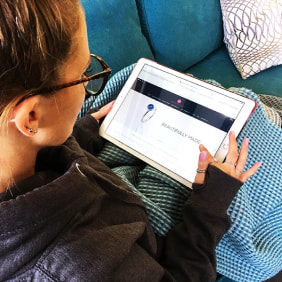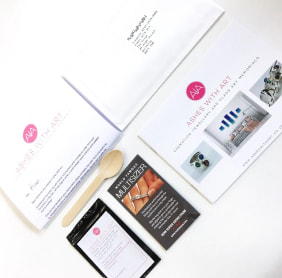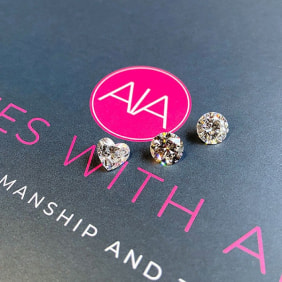Your Best Friend Dies: How To Cope & What To Do
When someone close to us dies, it feels like our world has ended. We are plunged into darkness and confusion, struggling to make any sense of what has happened. Grief is a natural response to loss, but it can be incredibly painful and overwhelming. It can feel like we will never recover from the death of our loved one.
When you lose a best friend, you also lose the person that you would have leaned on to help you through the grief. You lose the person who knew you better than anyone and loved you unconditionally. This can make the grief even more difficult too bear.
There is no right or wrong way to grieve. Everyone experiences grief in their own way and there is no timeline for healing. However, there are some things that you can do to help manage your grief and eventually start to rebuild your life in the wake of tragedy.
The grieving process explained
When someone dies, it is normal to experience a range of intense emotions. These can include sadness, anger, disbelief, confusion and guilt. It is natural to feel like you are on an emotional rollercoaster, as one minute you can be feeling numb and the next you can be consumed by grief.
The grieving process is unique to everyone. And while we might talk about the stages of grief, they are rarely experienced in a linear fashion. Instead, you might feel like you are on a rollercoaster of grief, spiralling through the various emotions.
The most important thing to remember is that there is no right or wrong way to grieve. Your grief is valid and you will eventually start to heal, even though it might not feel like it right now.
Coping with the death of a best friend
When you lose your best friend, it can feel like you have lost a part of yourself. This is natural, as your best friend was likely someone that you shared everything with. They knew you better than anyone and they were always there for you, no matter what.
In the wake of their death, it can feel like there is a huge hole in your life. You might find yourself struggling to fill the void that they have left behind. While you would have once turned to them for advice, support and a morale boost, you are now left to find comfort elsewhere. This can be incredibly difficult. Here are some of the best coping strategies to deal with the loss of a best friend.
Allow yourself to feel your emotions
When someone close to us dies, it is natural to try and bottle up our emotions. We might not want to face up to the pain and grief that we are feeling. However, it is important to allow yourself to feel your emotions, as this is part of the grieving process. Trying to suppress your emotions will only make them harder to deal with.
If you feel that your emotions are getting in the way of everyday life, it's important to seek professional help. Speaking to a grief counsellor can help you to understand why you are feeling the way you are feeling and then take steps to start to process your feelings.
Lean on your other friends
When you lose your best friend, it can be tempting to isolate yourself from the world. You might not feel like you have anyone to turn to, as no one understands what you are going through. However, it is important to reach out to your other friends and family members for support at this difficult time. These people care about you and will want to help.
You might be surprised who turns up to support you in your hour of need. These people can provide a shoulder to cry on and can help you to get through the tough times. Your best friend may have had other friends that you weren't as close with. These people will be going through the exact same emotions as you, so it's worth reaching out to provide mutual support.
Talk about your best friend
It can be therapeutic to talk about your best friend and to share your favourite memories of them. This can help you to keep their memory alive. You might want to arrange a memorial service or write a eulogy to honour their life. You could also create a photo album or memory box, which you can look at when you are feeling their absence.
Throw yourself into new activities
Perhaps your best friend was your golf partner, your gig buddy or someone you enjoyed hiking with. When you lose your best friend, you might also feel like you have lost your favourite activities. Try throwing yourself into new activities and try something new. This can help to take your mind off your grief and can give you a sense of purpose.
You might find that you connect with new people through these activities and start to create new bonds. These people might not replace your best friend, but they can provide some support and companionship during this difficult time.
Give yourself time
The grieving process can take some time to work through. There is no right or wrong way to grieve and everyone will deal with their emotions in different ways. Some people might find that they start to feel better after a few weeks, while others might find that it takes months or even years to come to terms with their loss.
It's important to give yourself the time you need to process your emotions so that you can move on with confidence. Refusing to deal with the loss and bottling up your emotions will only make things harder further down the line.
These are just some of the ways that you can cope with the death of your best friend. Remember, there is no right or wrong way to grieve. Take the time to mourn their loss in whatever way feels right for you. With time and support from those around you, you will eventually start to heal.





